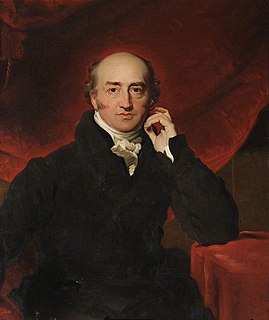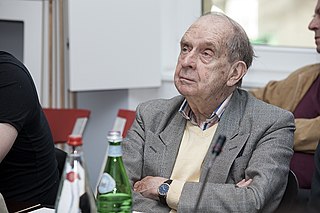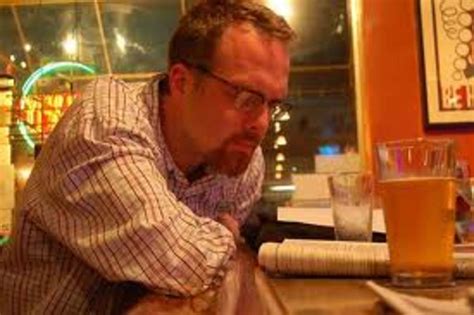A Quote by George Canning
Intimately concerned as we are with the system of Europe, it does not follow that we are therefore called upon to mix ourselves onevery occasion, with a restless and meddling activity, in the concerns of the nations which surround us.
Related Quotes
Europe has a set of primary interests, which to us have none, or a very remote relation. Hence she must be engaged in frequent controversies, the causes of which are essentially foreign to our concerns. Hence, therefore, it must be unwise in us to implicate ourselves, by artificial ties, in the ordinary vicissitudes of her politics or the ordinary combinations and collisions of her friendships or enmities.
I do not know if the doctrine that the nation-state arose in the 19th century was still being taught:;... but it is erroneous. The nation-state reaches back far into the origins of Europe itself and perhaps beyond. If Europe was not always a Europe of nations, it was always a Europe in which nations existed, and were taken for granted, as a basic form of the State.
If we feel that any habit or pursuit, harmless in itself, is keeping us from God and sinking us deeper in the things of earth; if we find that things which others can do with impunity are for us the occasion of falling, then abstinence is our only course. Abstinence alone can recover for us the real value of what should have been for our help but which has been an occasion of falling. ... It is necessary that we should steadily resolve to give up anything that comes between ourselves and God.
It does not follow, because our ancestors made so many errors of fact and mixed them with their religion, that we should therefore leave off being religious at all. By being religious we establish ourselves in possession of ultimate reality at the only points at which reality is given us to guard. Our responsible concern is with our private destiny, after all.
How does he achieve this independence? He does it by means of a continuous activity. How does he become free? By means of constant effort. we know that development results from activity. The environment must be rich in motives which lend interest to activity and invite the child to conduct his own experiences.
We all should choose our friends carefully. I used to think that no one could know me better than somebody else, because you're inside yourself, your body, you can't see yourself. If you think like that, you surround yourself with other people who are willing to tell you who you are, which are usually judgmental people ... we should really surround ourselves with the ones that adore us and believe in the highest of us.
Does it follow from: 'turn ye' that therefore you can turn? Does it follow from "'Love the Lord thy God with all thy heart' (Deut 6.5) that therefore you can love with all your heart? What do arguments of this kind prove, but the 'free-will' does not need the grace of God, but can do all things by its own power....But it does not follow from this that man is converted by his own power, nor do the words say so; they simply say: "if thou wilt turn,telling man what he should do. When he knows it, and sees that he cannot do it, he will ask whence he may find ability to do it..." 164
In each of us there is another whom we do not know. He speaks to us in dreams and tells us how differently he sees us from the way we see ourselves. When, therefore, we find ourselves in a difficult situation to which there is no solution, he can sometimes kindle a light that radically alters our attitude - the very attitude that led us into the difficult situation.











































